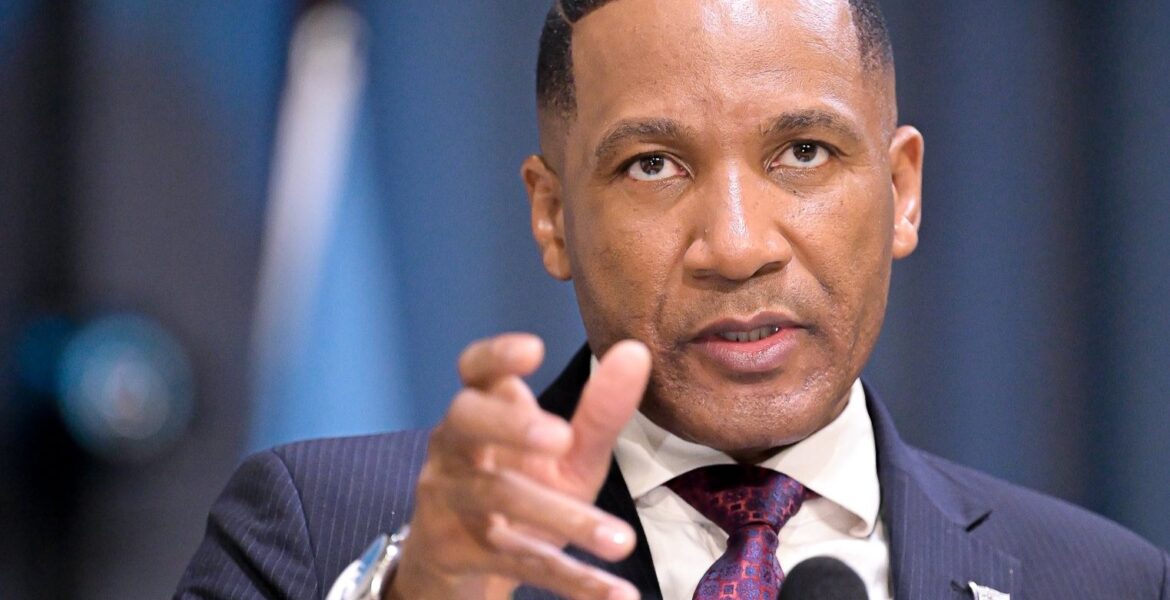When pressed by legislators about his stance on capital punishment, President Duma Boko spoke at length in defence of murder suspects and death row inmates, criticising the justice system for what he described as bias and oppression
GAZETTE REPORTER
President Duma Boko on Tuesday found himself pressed hard by legislators as he struggled to separate his long-held personal convictions about capital punishment from the constitutional obligations of his office.
The President, a seasoned lawyer who has represented death row inmates for years, appeared reluctant to engage fully on the issue, prompting accusations of indecision and inconsistency.
Boko began his response with an emotional recollection of his past interactions with the death penalty as a defence lawyer. He told Parliament that some of his clients were executed while he was en route to visit them, experiences he said continue to haunt him.
He then recounted the case of a man he described as Mosarwa, portraying him as a casualty of societal ill treatment and what he called a defective justice system that provides inadequate legal representation to capital offenders. Many convicted persons, he argued, are driven to their crimes by broader societal failures and are then left to face the hangman with little meaningful support.
QUESTIONS OVER MERCY PROCESS
The President also criticised the Prerogative of Mercy process, calling it opaque and biased against condemned prisoners. Under Botswana’s Constitution, when a person is sentenced to death, the President must obtain a confidential report from the trial judge, alongside any other material he may request, and submit it to the Advisory Committee on the Prerogative of Mercy.
This report, Boko noted, is never shared with the condemned inmate, who has no idea what it contains or how it will influence the Committee’s recommendations. The Advisory Committee comprises the Vice-President (or a minister appointed by the President), the Attorney-General, and a medical practitioner. Its proceedings are closed to the prisoner, who is also barred from presenting written submissions.
Human rights group DITSHWANELO has long raised concerns about the lack of transparency in this process, arguing that it denies prisoners the opportunity to participate in a mechanism that may determine whether they live or die.
MPs PUSH BACK
At one point, Okavango West MP Kenny Kapinga, also a lawyer, interrupted the President, urging him to state his position plainly. Kapinga argued that if Boko personally opposes the death penalty, the Constitution empowers him to act accordingly, and that prolonged indecision only deepens the psychological torment of those on death row.
Boko attempted to defend the delays using philosophical illustrations, but under sustained interrogation eventually conceded that the process remains unresolved.
NO DECISION YET
In the end, the President insisted he has made no pronouncement on the death penalty and promised that he will not allow his personal beliefs to dictate the fate of condemned prisoners. Each case, he said, will be handled individually and with thorough attention.
“I will apply myself thoroughly, and it doesn’t happen in a day. The process is ongoing,” he said.
Recent reports indicate that between 16 and 17 inmates are currently on death row in Botswana.

